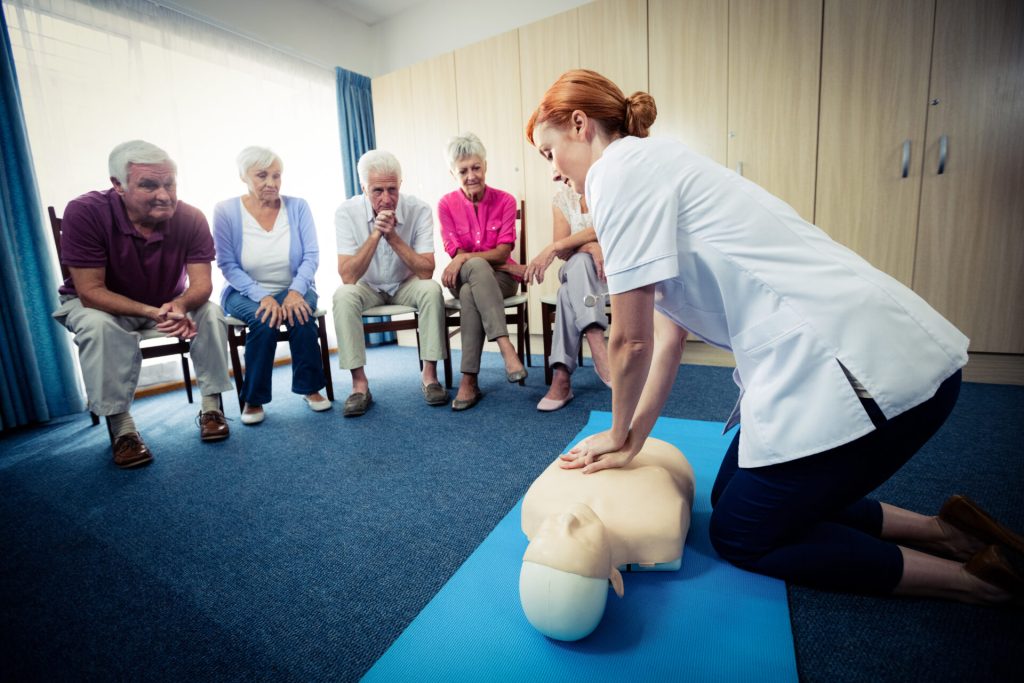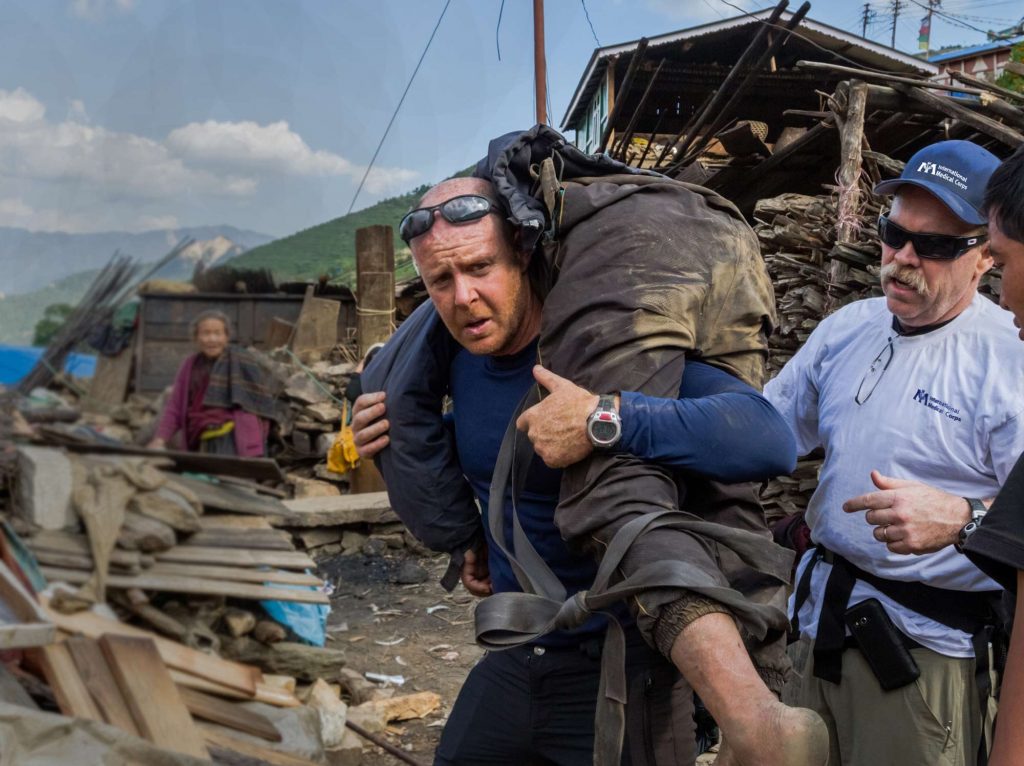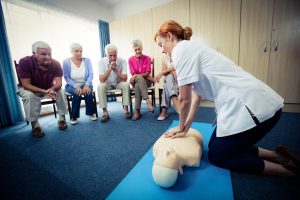Volunteering with Emergency Aid Organizations: How You Can Help in Times of Crisis

Humanitarian organizations mostly depend on the help of volunteers in times of crisis—natural disasters, military conflicts, or other calamities. Working with emergency assistance groups offers a special chance to actually improve the quality of life for disaster victims. You support long-term rehabilitation and community rebuilding in addition to helping with emergency aid organisation. If you are thinking about lending your time and expertise, here is how you can assist and the reasons behind the great need for volunteering in these pivotal times.
The Importance of Volunteering During a Crisis
The Value of Serving Others Emergencies and disasters can overburden local governments and organizations, therefore depriving vulnerable communities of the much-needed help. While food, water, shelter, and medical care are among the urgent relief items emergency aid groups offer, without the support of committed volunteers, these initiatives cannot be successful. Volunteers help with communication, on-the-job training, logistics, and on-site operations to guarantee that relief gets to the neediest.

Types of Emergency Aid Volunteer Roles
Depending on your abilities, interests, and the type of situation you are helping with, your involvement with emergency assistance groups might involve several responsibilities. Among the most often occurring roles are:
- Should you have medical knowledge or expertise in disaster response, you might be involved in first aid, victim triaging, or relief material distribution—food, water, and medications, among other things.
- Supply chain support and logistics depend on effective crisis management. Organizational-minded volunteers can be assigned to arrange transportation, organize and package goods, or plan shipments to impacted regions.
- Key in a crisis is increasing knowledge and keeping people updated. Information distribution, report authoring, and public outreach via social media or other channels may fall to volunteers with media and communication abilities.
- Traumatized people typically require psychological help following a crisis. Counseling is another resource. Counseling or emotional support-trained volunteers might be able to assist survivors in managing the emotional toll the crisis took.
- Following the immediate emergency phase, volunteers are crucial for the attempts at long-term rehabilitation and reconstruction. In this phase, roles might include aiding livelihood restoration for displaced or impacted communities as well as helping with the rebuilding of infrastructure, housing, and schools.
How one should get involved?
Finding groups engaged in disaster response is the first step if you want to volunteer with an emergency help agency. While some major humanitarian groups concentrate on certain areas or kinds of emergencies, many run worldwide. Visit the website of a company you have identified as fit for your interests to discover more about volunteer possibilities.
One of the best ways to really influence things is to volunteer with crisis help groups. Your time and abilities may help save lives, restore communities, and give hope to those in need, whether your assistance is supporting long-term recovery efforts or in the immediate wake of a tragedy. If you’re ready to give back and change things, think about helping with an organization that offers emergency aid organisation relief and learn how you may help during one of the most crucial moments for people impacted by disaster.







